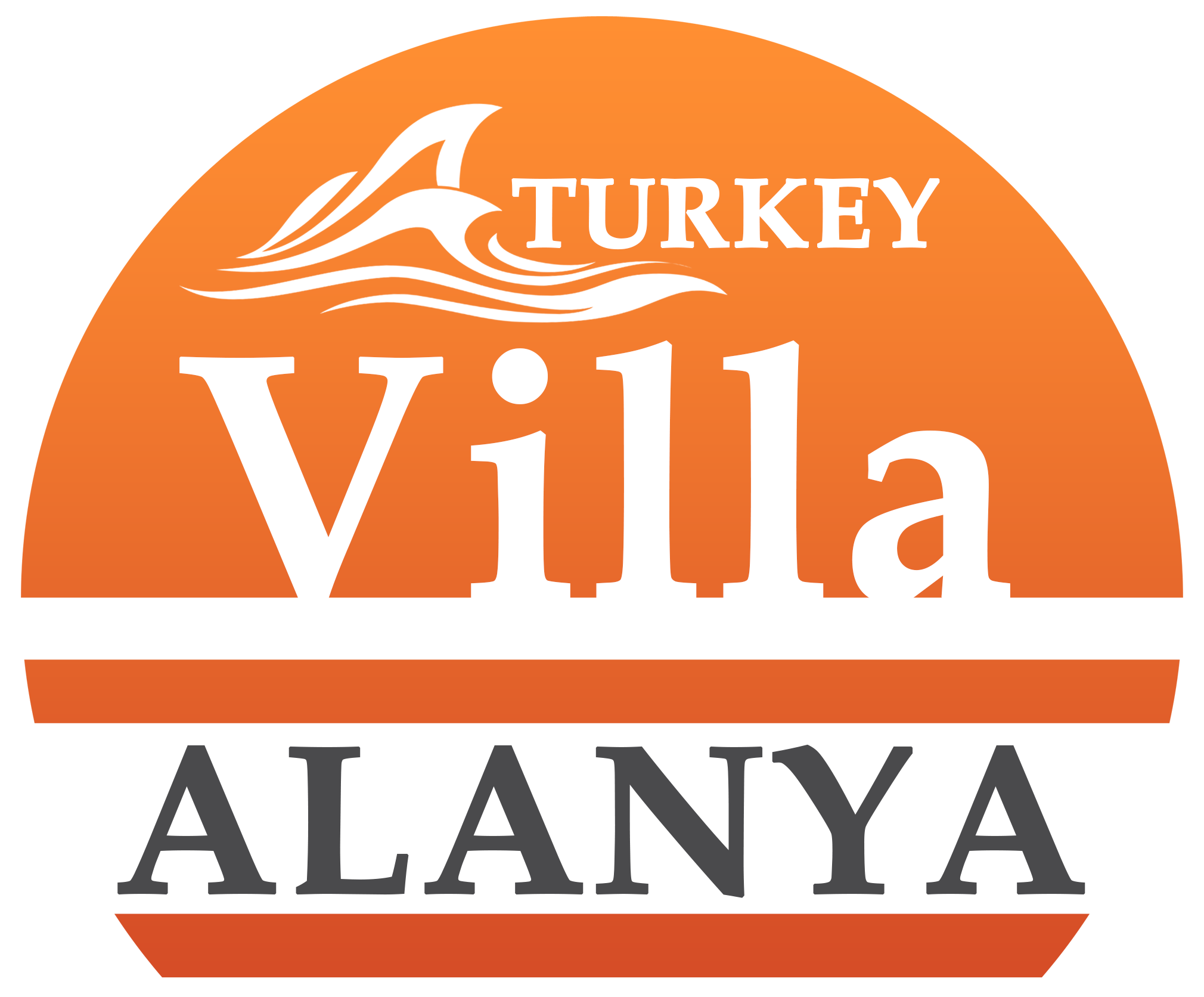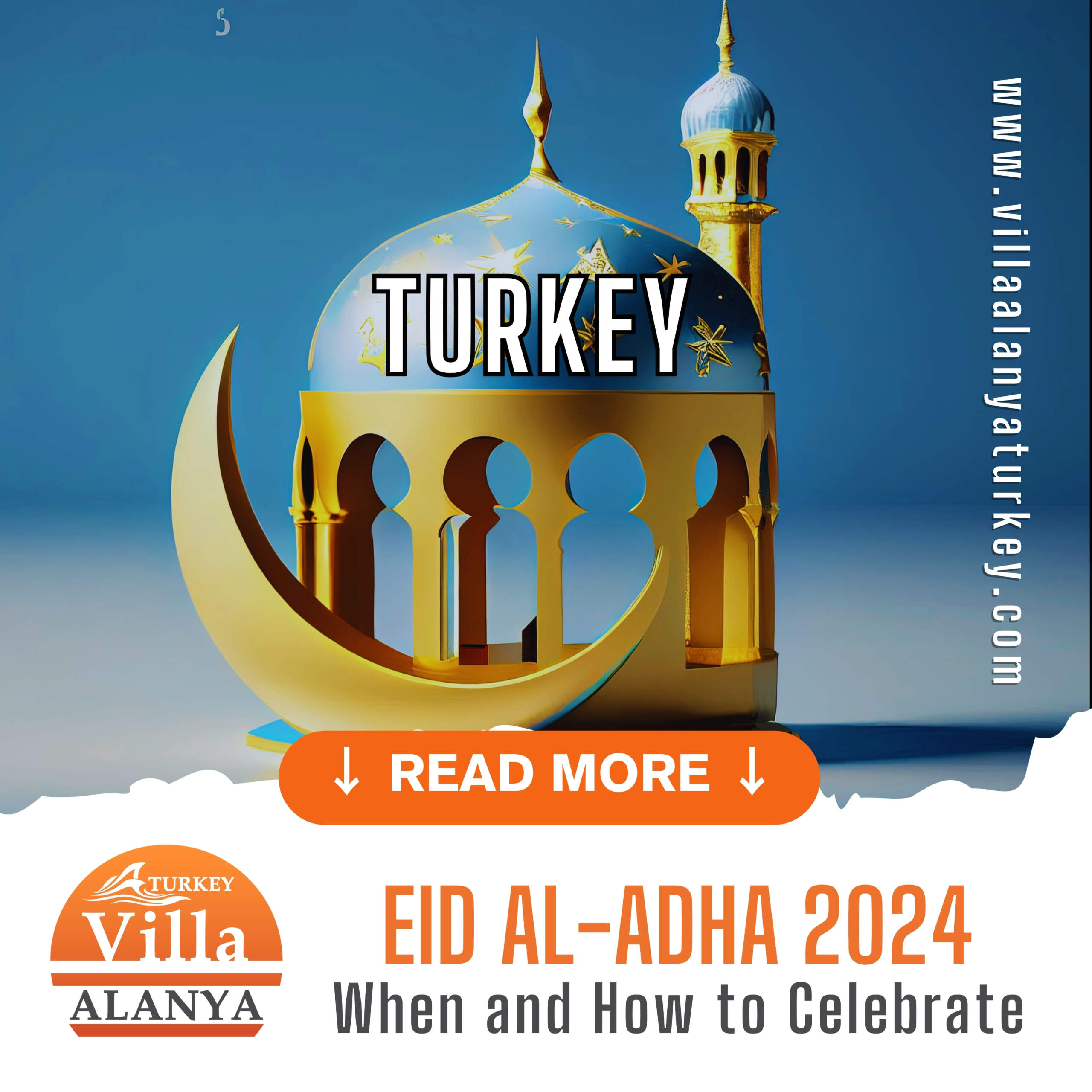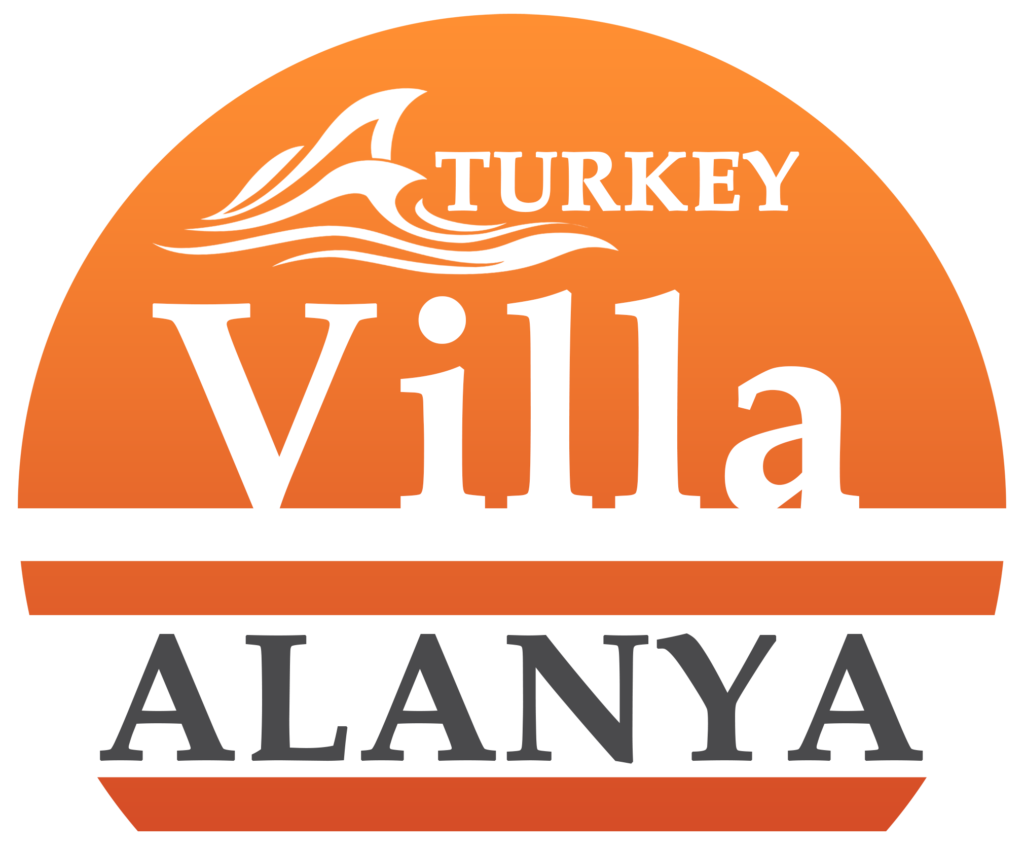Introduction to Eid al-Adha: Significance and History
Eid al-Adha, often referred to as the ‘Festival of Sacrifice,’ stands as one of the most significant holidays in the Islamic calendar. This revered celebration commemorates the profound act of devotion exhibited by Prophet Ibrahim (Abraham), who was prepared to sacrifice his son, Ismail, in obedience to God’s command. Just as Ibrahim was about to carry out this heart-wrenching act, God intervened, providing a ram to be sacrificed in place of his son. This pivotal moment underscores the themes of faith, submission, and divine mercy that resonate throughout the observance of Eid al-Adha.
The historical roots of Eid al-Adha trace back to the narrative found in the Quran, which mirrors similar accounts in Judeo-Christian traditions. This story not only highlights the unwavering faith of Prophet Ibrahim but also serves as a reminder of the importance of sacrifice and charity in the lives of Muslims. The holiday is observed annually on the 10th day of Dhu al-Hijjah, the last month of the Islamic lunar calendar, and coincides with the completion of the Hajj pilgrimage, another pillar of Islam.
Religiously, Eid al-Adha holds immense significance. The act of Qurbani, or animal sacrifice, symbolizes Ibrahim’s obedience and is performed by Muslims around the world. The meat from the sacrificed animal is divided into three parts: one-third for the family, one-third for friends and relatives, and one-third to be distributed to those in need. This practice embodies the principles of generosity and social responsibility that are central to the faith.
In Turkey, Eid al-Adha, known locally as Kurban Bayramı, is celebrated with deep reverence and community spirit. Families come together to perform Qurbani, share festive meals, and engage in acts of charity. Public prayers, communal gatherings, and various cultural traditions underscore the importance of this holiday in Turkish society. The observance of Eid al-Adha in Turkey, with its unique blend of religious and cultural practices, provides a rich and multifaceted experience, setting the stage for the detailed exploration that follows in subsequent sections.
Eid al-Adha 2024 in Turkey is expected to commence on the evening of Sunday, June 16th, and continue through to the evening of Thursday, June 20th. These dates are based on the Islamic lunar calendar, specifically the sighting of the moon, which marks the beginning of the month of Dhu al-Hijjah, the twelfth and final month of the Islamic year. The exact dates may slightly vary depending on local moon sightings, but the celebration typically spans four days.
The Day of Arafat, which falls on the 9th day of Dhu al-Hijjah, precedes Eid al-Adha and is a significant day for Muslims. In 2024, the Day of Arafat is anticipated to be on Saturday, June 15th. It is a day of fasting and reflection, particularly for those performing the Hajj pilgrimage in Mecca. This day holds immense religious importance as it commemorates the Prophet Muhammad’s Farewell Sermon and is a time for prayers and supplications.
In Turkey, Eid al-Adha is observed as a public holiday, allowing for a widespread celebration across the country. The holiday typically lasts four days, but many businesses and institutions might extend the period of leave, especially if the holiday overlaps with weekends. This extended holiday period provides ample opportunity for families and friends to gather, for community events to take place, and for religious observances to be fulfilled.
For travelers planning to visit Turkey during Eid al-Adha 2024, it is crucial to consider these dates. Accommodation and transport services may experience high demand, and certain businesses may operate on reduced hours. Therefore, early planning and booking are advisable to ensure a smooth and enjoyable experience during this festive period.
Eid al-Adha, known as Kurban Bayramı in Turkey, is a significant religious festival marked by a rich tapestry of traditional practices and customs. Central to the celebration is the ritual of animal sacrifice, or Qurbani, which commemorates the willingness of Ibrahim (Abraham) to sacrifice his son in obedience to God. Typically, sheep, goats, or cattle are sacrificed, with the choice of animal often reflecting regional preferences and economic considerations. The process of Qurbani is carried out with great reverence, ensuring that the animal is treated humanely and the act is performed in accordance with Islamic guidelines.
The meat from the sacrificed animal is meticulously divided into three parts: one-third is given to immediate family, another third is distributed among relatives and friends, and the remaining third is donated to the less fortunate. This practice not only honors the spirit of Eid al-Adha 2024 but also reinforces the values of charity and communal solidarity. The act of giving meat to those in need ensures that even the most vulnerable members of society can participate in the festivities.
Another cornerstone of Eid al-Adha in Turkey is the communal prayer, known as Salat al-Eid, performed in large congregations at mosques or open spaces. These prayers, held on the morning of the first day of Eid, are a powerful expression of unity and faith. Following the prayers, families gather for special meals that feature an array of traditional dishes, often prepared with the meat from the Qurbani. Popular dishes include kebabs, stews, and savory pastries, which vary across different regions of Turkey.
Gift-giving is also an integral part of the celebration, with children receiving new clothes, money, and sweets from elders. Families often visit each other, exchanging warm greetings and hospitality. Unique regional traditions further enrich the celebration; for instance, in some areas, special folk dances and music performances are held, adding a festive atmosphere to the occasion.
Eid al-Adha 2024 in Turkey is thus a vibrant mosaic of faith, charity, and communal joy, deeply rooted in both religious observance and cultural heritage.
Celebratory Activities and Local Events in Turkey
Eid al-Adha 2024 in Turkey is marked by a plethora of celebratory activities and local events that capture the essence of this important Islamic holiday. Across the nation, communities engage in various gatherings and cultural performances, creating an atmosphere of joy and unity. In cities like Istanbul, Ankara, and Izmir, the celebrations are especially vibrant, offering a rich tapestry of experiences for both locals and visitors.
One of the central aspects of the festivities is the communal prayer, known as Salat al-Eid, held in mosques and open spaces. Major landmarks such as the Blue Mosque in Istanbul and the Kocatepe Mosque in Ankara become focal points for these gatherings, drawing thousands of worshippers. Following the prayers, families and friends come together for feasts that often feature traditional Turkish dishes such as kebabs, baklava, and various mezes.
In addition to religious observances, cultural performances and local events play a significant role in the celebrations. Cities organize concerts, folk dance shows, and exhibitions that highlight Turkey’s rich cultural heritage. Istanbul hosts several events along the Bosphorus, including boat tours that offer spectacular views of the city’s skyline. Ankara’s Atatürk Forest Farm and Zoo becomes a hub for family activities and outdoor picnics, providing a perfect setting for relaxation and enjoyment.
Popular destinations like Istanbul and Ankara are not the only places where Eid al-Adha is celebrated with fervor. Smaller towns and rural areas also partake in the festivities, often with unique local customs and traditions. For instance, the city of Konya, known for its Sufi heritage, offers a more spiritual experience with whirling dervish performances that captivate audiences.
For tourists wanting to immerse themselves in the Eid al-Adha 2024 celebrations, it is advisable to participate in local events and visit significant religious sites. Engaging with local communities, partaking in traditional meals, and attending cultural performances can provide a deeper understanding of the holiday’s significance and enhance the overall experience. Whether in bustling metropolises or serene countryside settings, Turkey presents a myriad of opportunities to celebrate Eid al-Adha in a truly memorable way.





